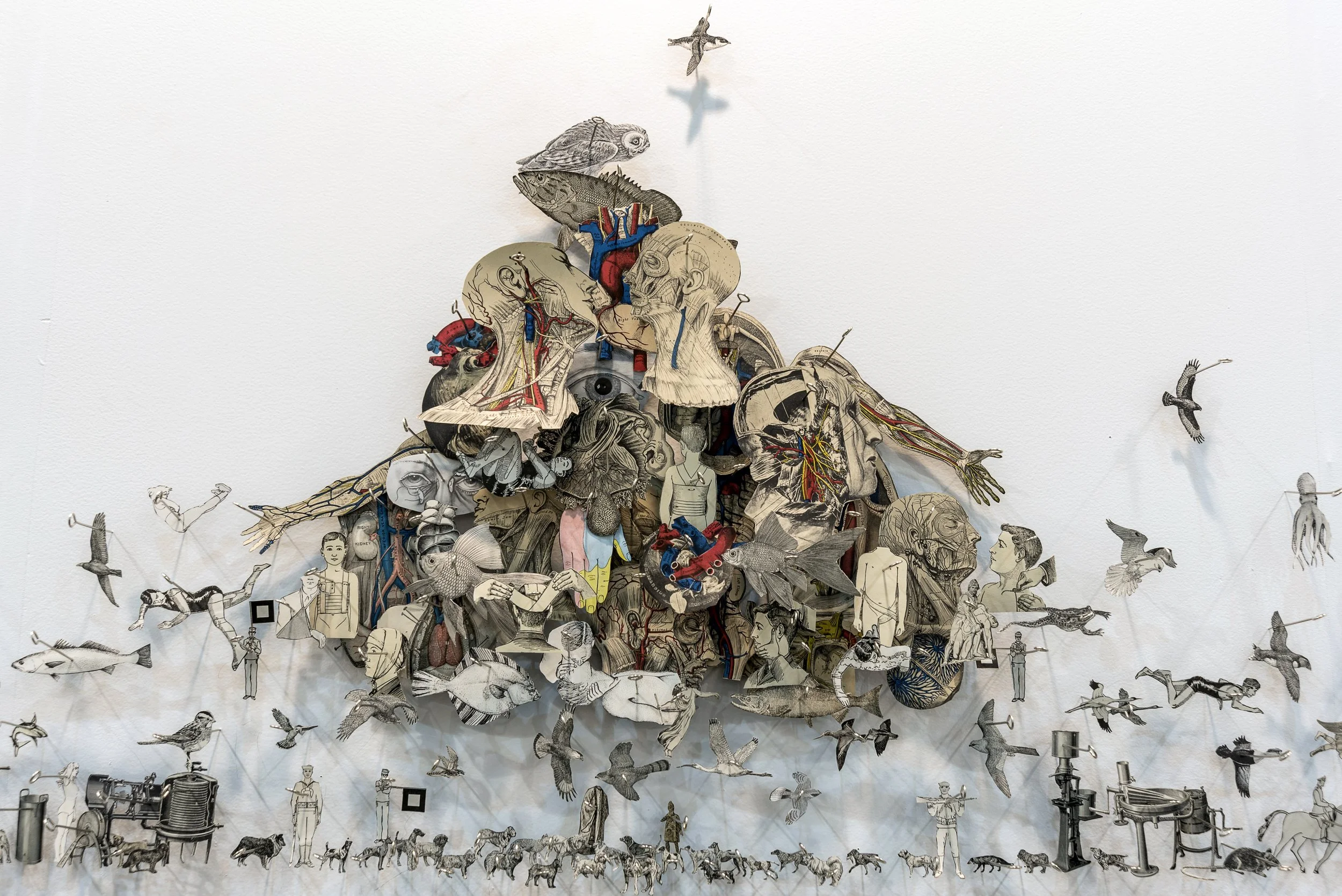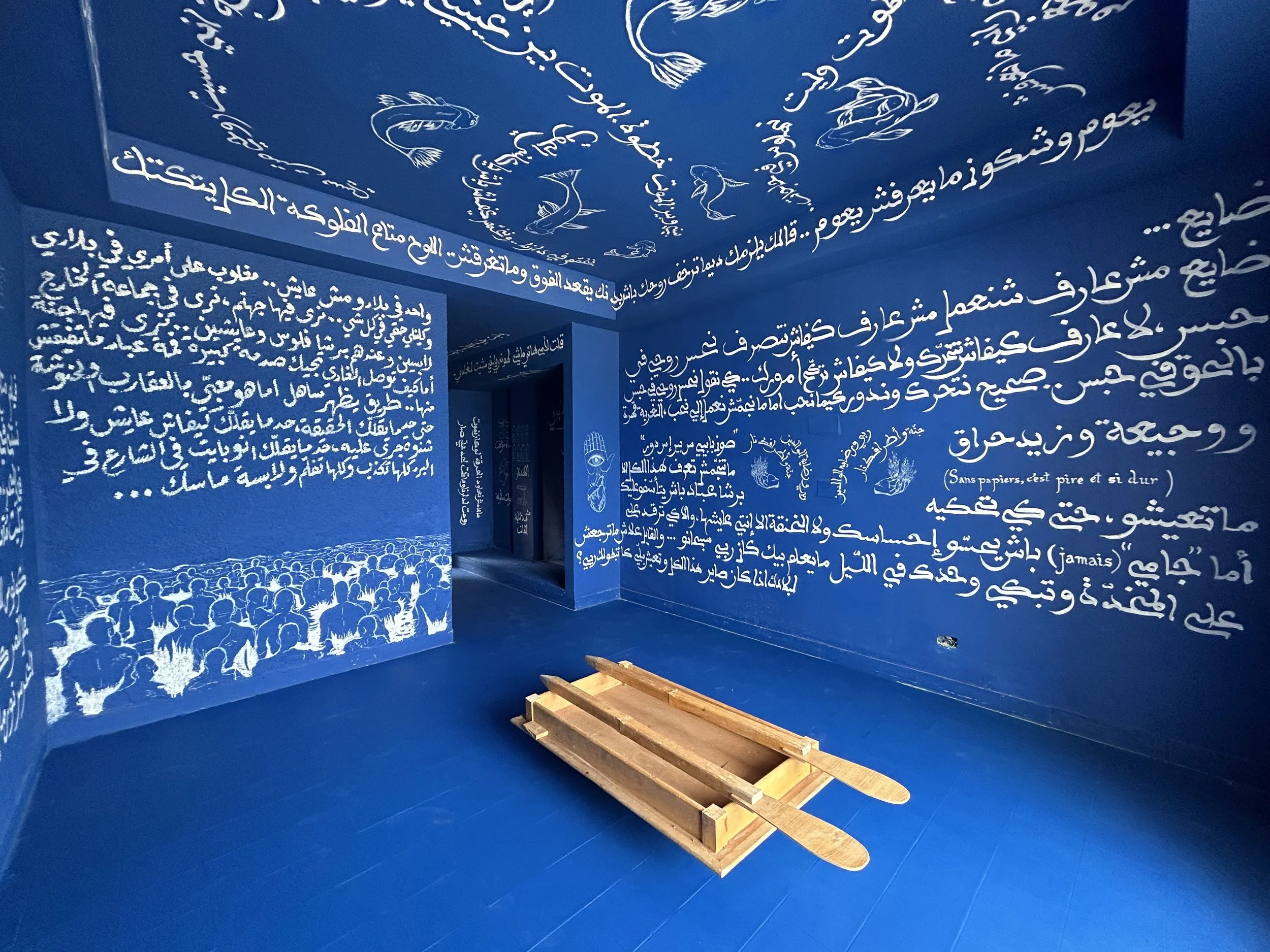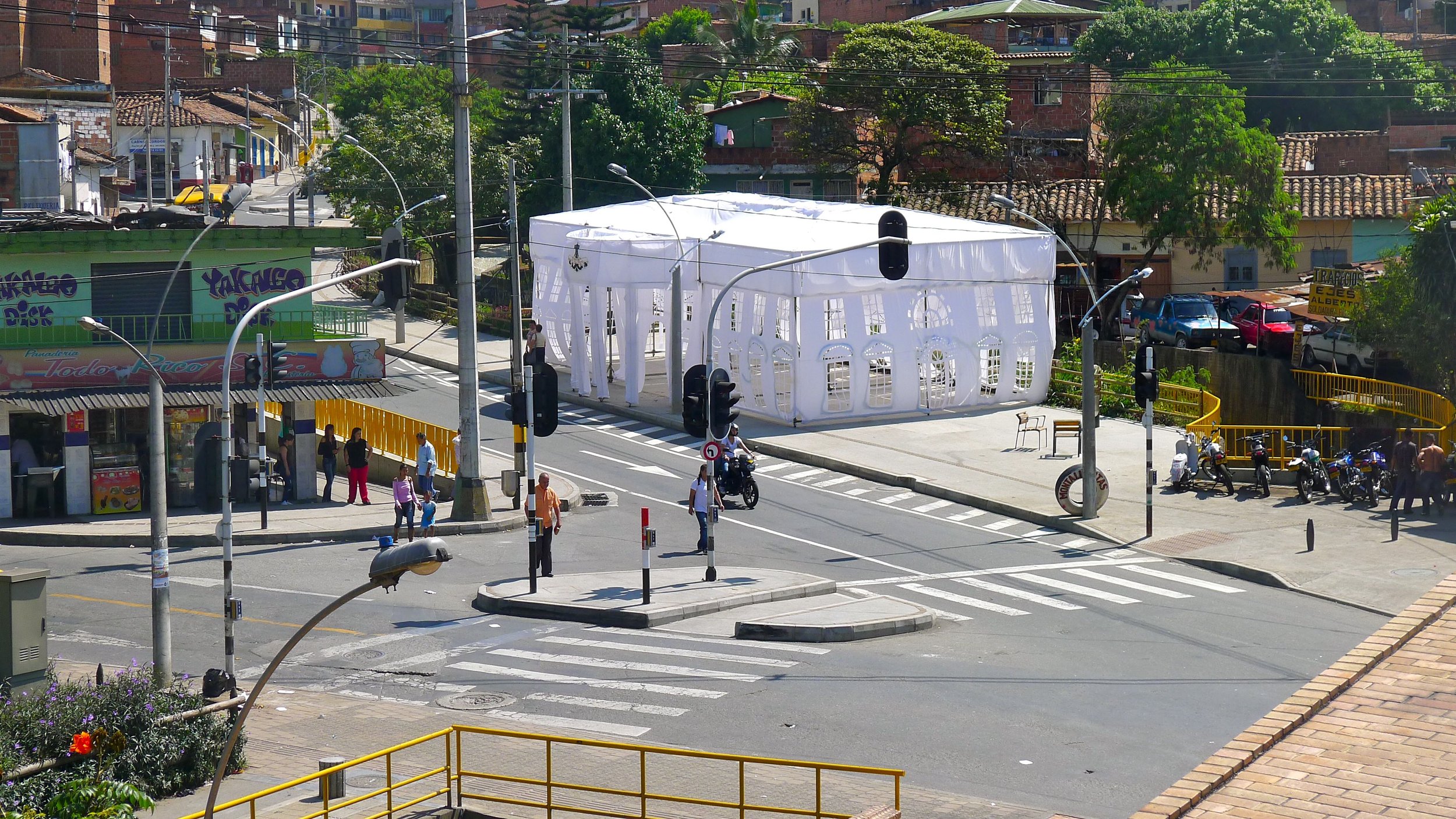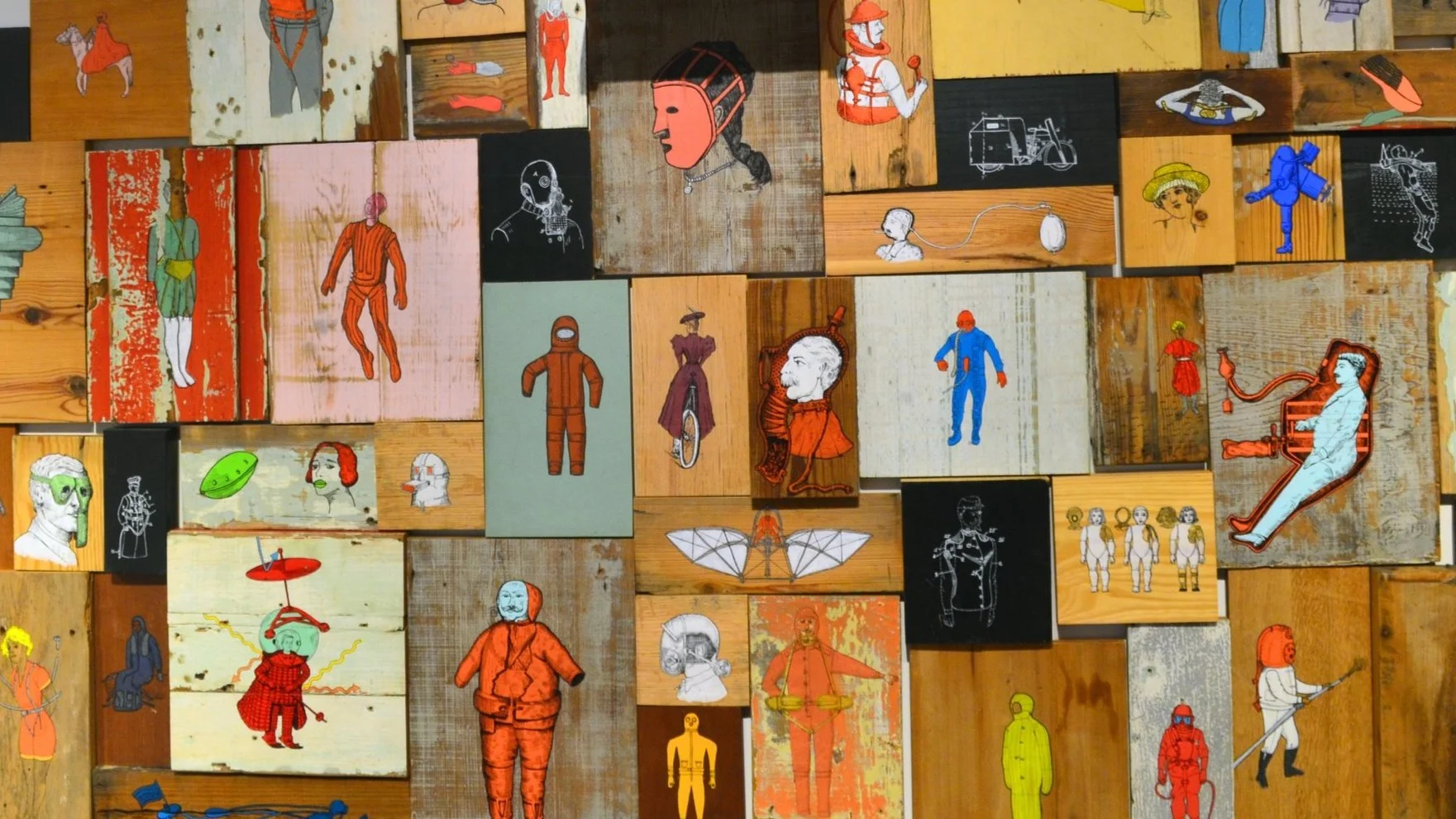/// Recent Projects ////
/// Collective Projects / IceBox Collective /////////
/// Collective Projects / Floating Lab Collective /////////
/// On Collectivism ////





/// Recent Projects ////
/// Collective Projects / IceBox Collective /////////
/// Collective Projects / Floating Lab Collective /////////
/// On Collectivism ////